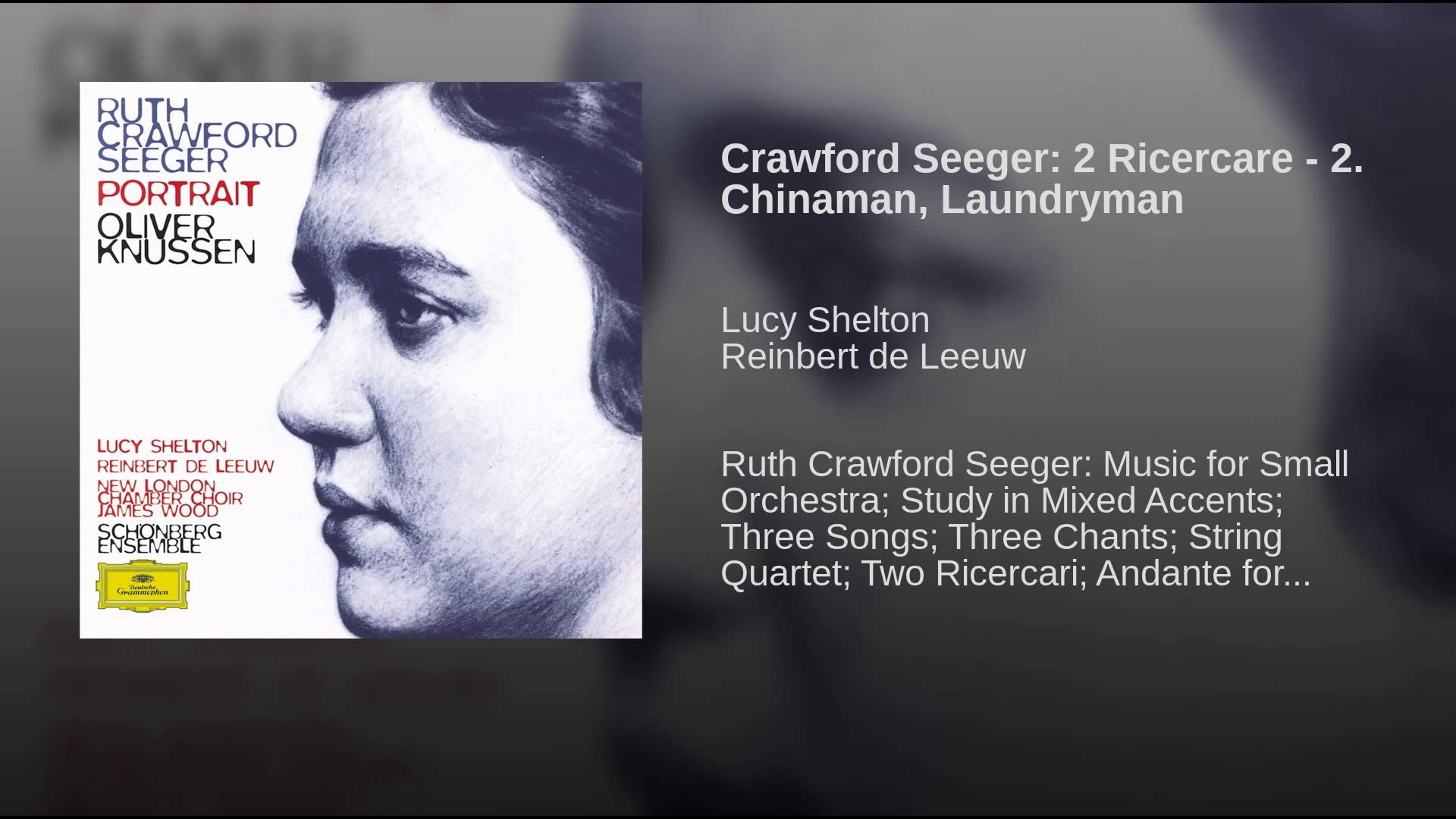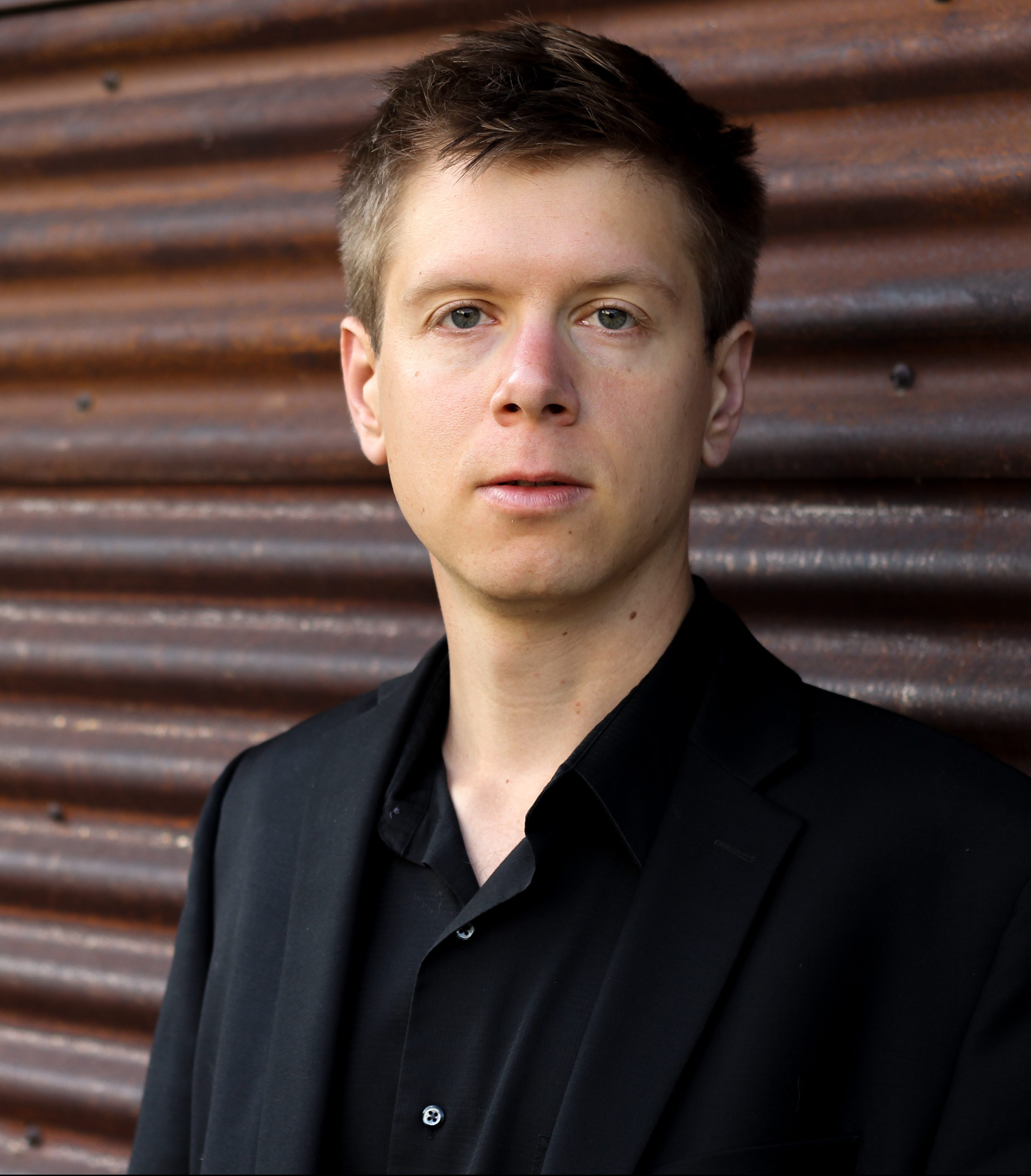The process of making music with Steve Blier and NYFOS is always an exploration that demands equal parts intellectual and emotional integrity. I’ve been back in the studio with Steve this month as we gear up for the upcoming Protest concert at Merkin Hall, bridging the gap, or finding a union between, my activist and musical impulses. Inspired by that work, I’m going to take this week of posts to trace a line through progressive American song writing of the 20th century, with a special emphasis on the sometimes radical music that comes from struggles for social justice in Appalachia and the American South.
I’ll start with a song that I was pleasantly surprised to hear in Juilliard’s Paul Hall in a program of 20th and 21st century music curated by new music trailblazer, Lucy Shelton. I was back stage, waiting to go on to sing a brand new song cycle on the weighty subject matter of how great my dog is (this is another story), when I heard the distinct, precise, and expressive clamor of Ruth Crawford’s 1932 “Sacco and Venzetti.”
A brief history refresher – Sacco and Vanzetti were Italian immigrants to the United States. They arrived in 1908, and were active in socialist and anarchist organizations in New England until their arrest in 1920 on murder charges connected with a bank robbery in Braintree, MA. The trial and subsequent appeals became a lightning rod for issues of immigration and political freedom, as it became clear that the prosecution relied heavily on anti-immigrant and anti-leftist sentiments of the judge to press their case. The two were convicted, and executed in 1927. Though inconclusive, historians question the validity of the convictions and point to the episode as an early example of the deadly collision of the criminal justice system and ethnocentrism and anti-leftism.
Fast forward not to far, to 1932, two years into the great depression, and we find the modernist composer Ruth Crawford setting Chinese immigrant, and revolutionary, H.T. Tsiang’s lament and ode to Sacco and Vanzetti for soprano and piano. I love finding these unlikely combinations of immigrant poets, female composers, and revolutionary politics. Song, opera, we may love them for their aesthetic beauty, or the respite they offer from the challenges of life, but what better, more visceral, way to take on the thorniest aspects of our society, of ourselves than the fusion of word and music.
Take a listen to Lucy Shelton’s recording on Deutsche Gramaphon here:
And then imagine me singing about my dog, and performing as my dog, on stage immediately thereafter. I can enjoy the lighter moments too.
Tomorrow, “We Shall Overcome.” Shout-outs to anyone who emails me the connection from Ruth Crawford’s awesome but not quite hummable “Sacco and Vanzetti” to the civil rights anthem.



0 Comments